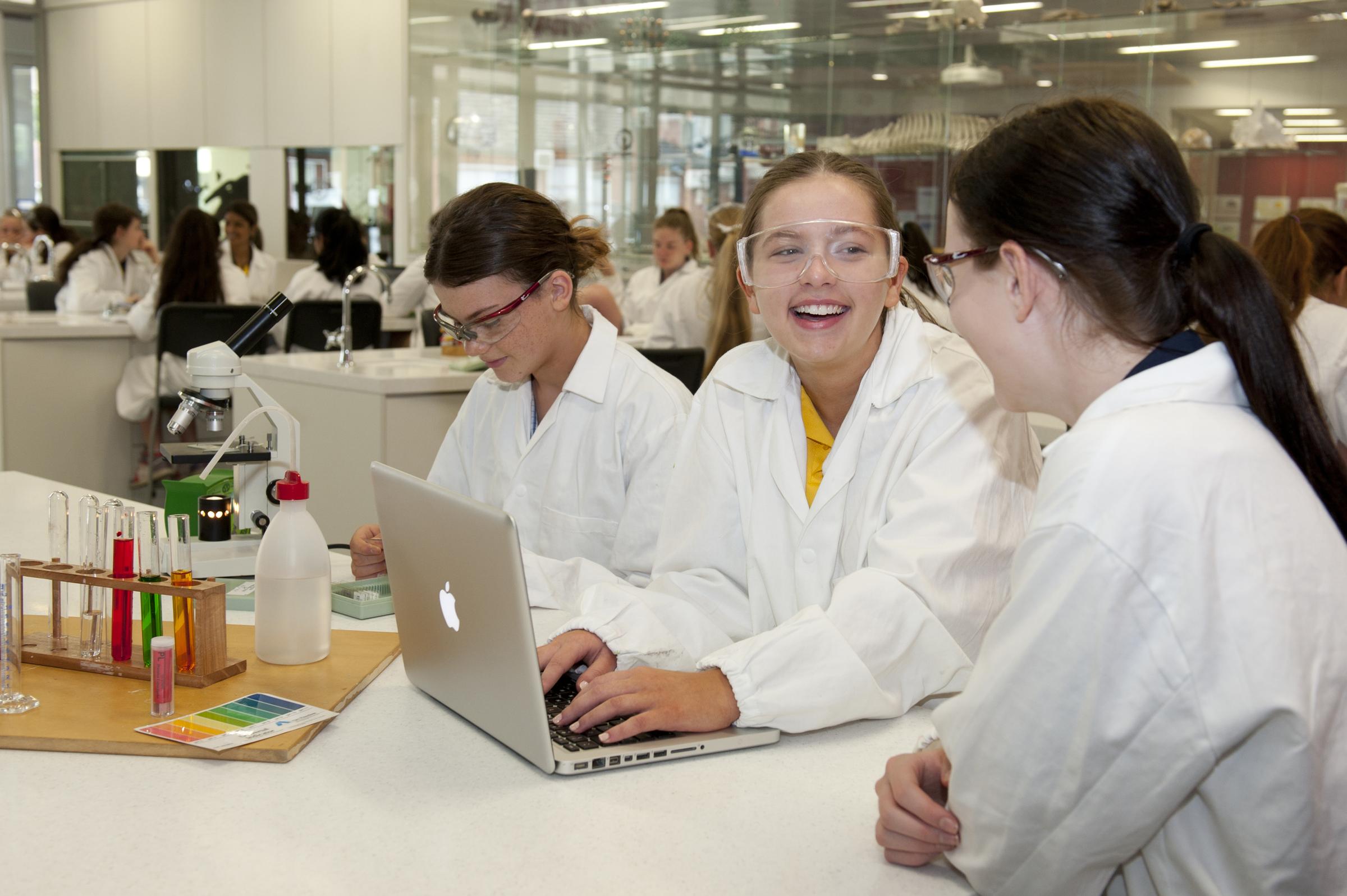Learning & Teaching

Learning News
The term has been busy with a variety of events and we find ourselves immersed in formal assessments that support our Learning and Teaching Programs across all year levels.
As you are aware the examination period is fast approaching. Students have already received the examination timetable and should be preparing adequately. Students have also been informed about the details and procedures to follow during this period.
Study and Exam Preparation
As students approach the assessment and exam period, her are tips that can assist in the preparation.
1. Find out about the exam
Find out as much as you can about the exam. Questions to ask include:
- How much is the exam worth to your overall mark in the subject?
- What type of exam is it (for example, multiple choice, essay, open book, take-home)?
- Will there be a choice of questions or tasks?
- How much will each question or task be worth?
2. Ask for help
Do not feel bad if you need to ask for help. People you can talk to about exams include:
- Teachers
- Family members
- Friends and other students
- If you are feeling really stressed you might also find it helpful to speak to a counsellor.
3. Sort out your subject material
Before starting to review a subject it helps to:
- Check you have all of the handouts
- Put your notes in order
- Read over any course outline or subject guide
- Write your own summaries of each textbook chapter or section of the subject guide.
- Getting all your notes together makes it easier to find what you need while you are studying.
4. Review past exam papers
If possible look at previous exam papers and familiarise yourself with the structure and format. Places you can get past exam papers from include:
- Your teacher
- The Victorian Curriculum Assessment Authority
When reviewing, practice answering the questions within the specified time limits.
5. Know where to go
Make sure you know where and when the exam is happening. You do not want to miss your exam. Here is how to make sure that does not happen to you.
- Check your exam timetable for time and place details
- Do a practice run to find out how long it takes to get there
- Make a list of everything you need to take with you (for example, calculator, pencil, ruler)
- Do some study at the same time as your exams (for example, if you have an early morning exam, practice getting up studying earlier in the day)
6. Do not cram
Staying up all night to cram will only stress you out. It is better to just review what you've already studied and get an early night. That way you will be as refreshed as you can be on the day of your exam.
If you want to do some preparation the night before, keep it simple:
- Get all your materials together
- Read over your notes
- Test yourself on key concepts
- Set your alarm
7. Keep your cool
Fronting up to an exam can be nerve-wracking, but here are some tips for staying calm:
- Do not talk too much to other students before the exam
- Try to get there with time to spare so you do not arrive all rushed
- Make sure you have a decent breakfast
- Listen to some inspiring music on the way to the exam
8. Use your reading time
The way you use your reading time can really help you make the most of your exam time. Here are some ways to use your reading time well:
- Read all of the instructions very carefully
- Scan the whole exam paper
- Check how many pages there are
- Check how much each question is worth
- Plan which questions to answer first (consider starting with questions you are confident about)
- Plan how much time you will spend on each answer or section
- Start thinking about your answers
9. Break the questions down
A great tip for any exam is to break the questions down to make sure you really understand what you are being asked.
Look for the key parts of the question. These can give you clues on how to answer it. For example, for the question, "Explain the difference between study and revision", you could split this question into four parts:
1. Explain - give reasons to show how or why something is the way it is
2. The difference - what are the distinguishing factors between study and revision?
3. Study - what is study?
4. Revision - what is revision?
10. Review your answers
If you finish the exam before the time is up it is a good idea to go back over everything, even answers you are confident you got right. Try to:
- Review as many answers as you can
- Start with the questions you are least confident about
- Make sure you have answered every question
Make sure you have answered every part of every question (some questions might have multiple parts).
Subject Selection Process 2018
Early Term 3 students from Years 7 to 11 will be involved in the process of selecting their subjects for 2018. It is important that students be informed about the available subjects and that the selection of courses is suited to their interests and abilities.
An integral part of the process is that parents and carers discuss with their child the subject choices they wish to make for the following year. Information, advice and support will be provided to students when the process begins. Synergy will also be used to disseminate information to parents and carers.
Year 11 2018 Subject Selection
For current Year 10 students, parents and carers please make a note of these dates:
Thursday July 27 – Year 11 2018 Parents/Carers Information Evening and Domain Expo
7.00pm: a general information session for students and parents covering the subject selection requirements, procedures and timeline.
7.30pm – 8.30pm: Domain Expo – Domain leaders and subject teachers are available to discuss subjects.
Thursday August 10: Year 11 2018 Students/Parents/Carers Interviews
2.00pm – 7.00pm interviews will be conducted for students and parents. Each interview is scheduled for 10 minutes and designed to support students and parents to clarify any concerns regarding VCE/VCAL subject selection.
Joanna De Bono
Deputy Principal - Learning & Teaching
